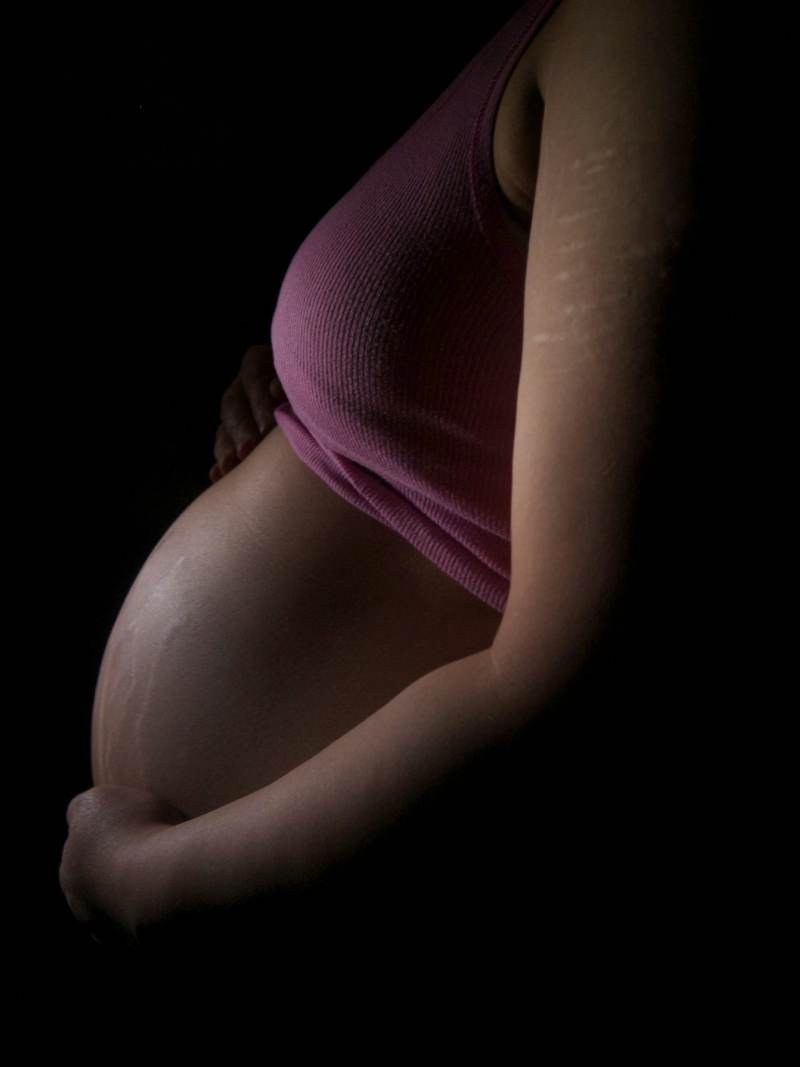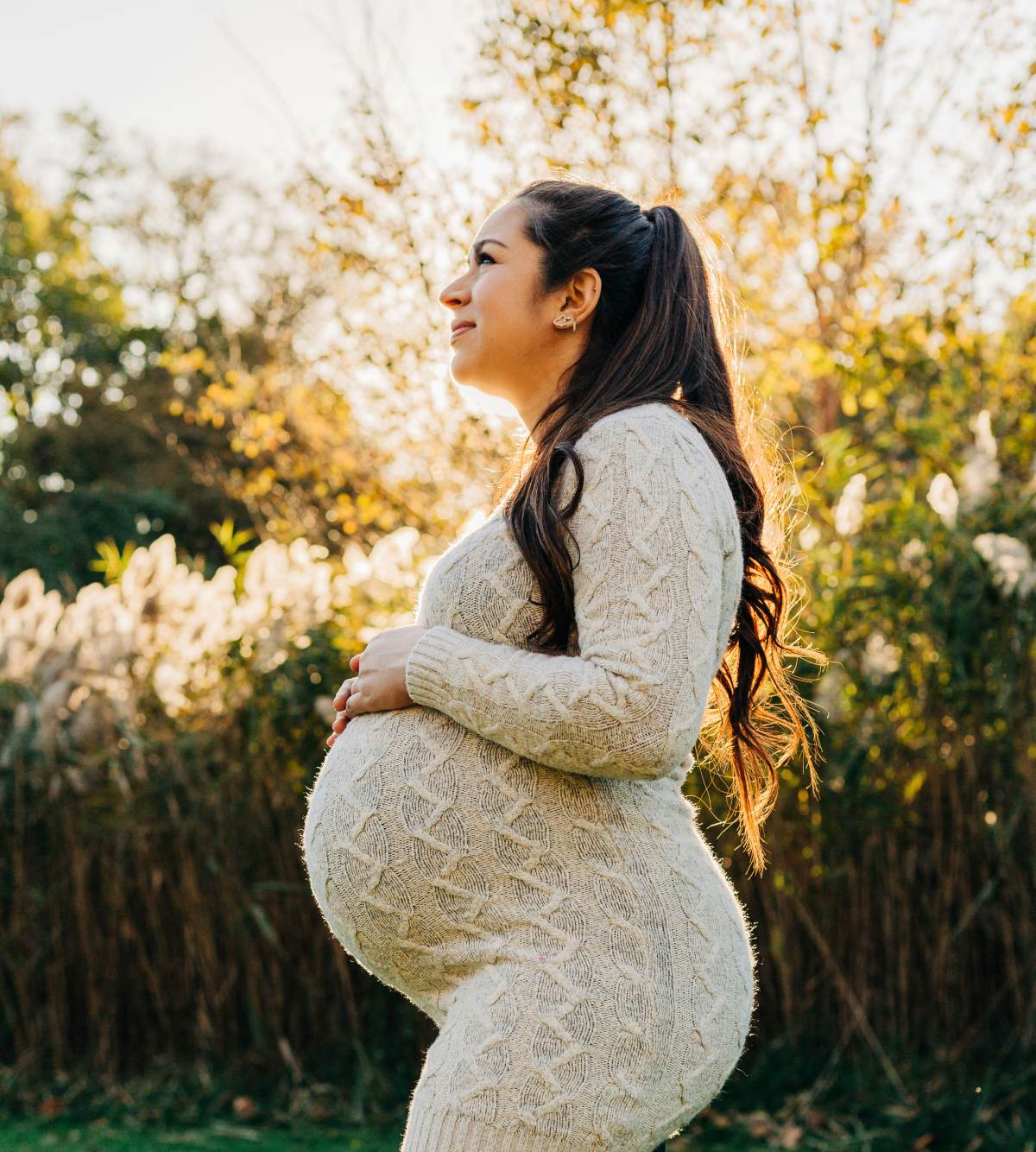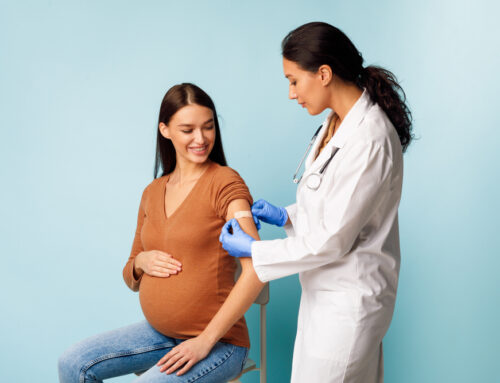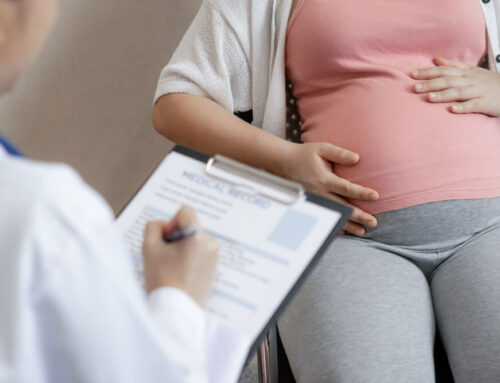Considered a medical terminology of the past, ‘Pregnancy after age 35’ is a term now often replaced with ‘Advanced Maternal Age’. This terminology refers to women who are pregnant at the age of 35 years or older. Today, it is increasingly common, reflecting societal trends towards delaying childbirth and the advancements in fertility treatment that makes such choices feasible.
Despite its increasing prevalence, pregnancies at an advanced maternal age carry unique risks and considerations. In a time where career advancement, personal growth, and late marriages are becoming more prevalent, the age at which women choose to start a family is shifting.
Consequently, understanding the implications of late-life pregnancy and the concept of advanced maternal age has become more relevant than ever, not just in the medical realm but also socially and culturally. Increasingly, healthcare providers and researchers are focusing on the health aspects related to pregnancy over 45 and pregnancy in the 40s. One such center is the Women’s Health Partners where teams are working closely with women on this topic.
This article seeks to shed light on the topic of advanced maternal age, its definition, associated risks, and considerations, as well as the care and support for older mothers during their journey towards motherhood.
We aim to elucidate the complexities surrounding this topic in a knowledgeable and comprehensive manner, providing readers with a fuller understanding of what advanced maternal age means in contemporary society.
Medical Considerations of Advanced Maternal Age

Physical changes and challenges related to pregnancy at an advanced age
A woman’s body experiences a dramatic transformation during pregnancy. However, with a pregnancy after 35, or what is often classified as advanced maternal age, these changes can present additional challenges. As women age, the ability to conceive decreases, primarily due to a decline in the quality and quantity of eggs. This declining fertility is a natural process but tends to accelerate after the mid-30s, intensifying further in the 40s, accordingly making late-life pregnancy more challenging.
Beyond fertility, pregnancies in advanced age are linked with an increased risk of complications, earning the classification of ‘high-risk pregnancy age’. The risks, including gestational diabetes, preeclampsia, placenta previa, chromosomal abnormalities such as Down syndrome, and the potential for multiple births, increase with age.
Furthermore, older mothers are more likely to require a late age birth via cesarean section and face higher rates of miscarriage. It’s essential to note that these risks, while increased, do not guarantee fatalities or complications, and many women experience healthy pregnancies and births after 35.
Mental and Emotional Factors to Consider
While physical factors encompass a significant portion of the conversation around advanced maternal age, we should not underestimate the equally crucial psychological aspects. In terms of mental health, older mothers, often labeled as elderly primigravida or elderly multigravida, have reported experiencing higher levels of anxiety compared to their younger counterparts.
This increased anxiety can be related to worries about the enhanced risks associated with pregnancy over 45 or pregnancy in the 40s, potential birth complications, or concerns about raising a child of an older age.
On the other hand, advanced age can bring certain emotional advantages to motherhood. Women of advanced maternal age often embark on their motherhood journey with enhanced life experience, emotional maturity, financial stability, and often, a strong desire for a child, which could have a positive impact on their parenting.
Nevertheless, seeking mental health support and ensuring a strong social network is crucial, as it can enhance maternal resilience and overall emotional well-being during a senior maternal pregnancy.
Scientific Insight into Pregnancy after age 35
How Science and Medicine Understand and Approach Pregnancy after age 35
In scientific and medical parlance, pregnancy in women aged 35 and older is understood as advanced maternal age, previously referred to as pregnancy after age 35. However, it is crucial to dispel the misconception that such pregnancies are inherently dangerous or too risky. Instead, they require closer medical attention and potentially more rigorous prenatal care for older mothers to monitor and address any complications timely.
The understanding of the risks related to advanced maternal age has evolved with insightful research and studies. For instance, while rates of chromosomal abnormalities do rise with maternal age, the majority of older women still have healthy pregnancies. Advancements in prenatal testing, such as non-invasive prenatal tests, also enable the detection of any chromosomal abnormalities early on.
Medical Advancements and Treatments Available for Older Mothers
In addition to improved prenatal testing technologies, other medical advancements have made pregnancy safer and more achievable for aging women. Late fertility treatment options, such as in-vitro fertilization (IVF) and the use of donor eggs, have enabled many older women to embark on the journey of old-age motherhood.
Optimal prenatal care plays a fundamental role in ensuring a safe pregnancy after 35. Regular and frequent prenatal visits alongside tailored nutrition, exercise advice, and appropriate screening tests, are imperative for an elderly primigravida or multigravida. High-risk pregnancy specialists, and maternal-fetal medicine specialists are adequately equipped to provide care to women of advanced maternal age or those with high-risk pregnancies.
Simultaneously, medical interventions such as cesarean sections have also become safer and more common, supporting late-age birth. With cutting-edge advancements in reproductive science, screening techniques, and pregnancy management, older mothers are increasingly able to navigate the journey of senior maternal pregnancy successfully.
Tips and Advice for Women of Advanced Maternal Age
How to Prepare Physically and Emotionally for a Pregnancy after age 35
When contemplating late-life pregnancy, preparing both physically and emotionally is essential. Physically, maintaining a healthy lifestyle before conceiving is crucial. Regular exercise, balanced nutrition, and avoiding harmful substances like tobacco and alcohol can increase the likelihood of a healthy pregnancy and reduce maternal age risk.
Emotionally, women of advanced maternal age might grapple with societal judgments, self-doubt, or fear due to the known risks. It is important to remember that while increased risks exist, healthy pregnancies and births are more common than not in women over 35. Finding emotional support and engaging in stress-reducing practices such as meditation, yoga, or mindfulness can assist in managing any anxious feelings related to pregnancy in the 40s or pregnancy over 45.
Holistic Management and Lifestyle Changes for a Healthy Pregnancy
Holistic management is the key to navigating a senior maternal pregnancy. This management involves optimal prenatal care, balanced nutrition, regular physical activity, and addressing emotional well-being. In the case of a high-risk pregnancy age, it may be more beneficial to seek care from a health provider specializing in high-risk pregnancies such as a maternal-fetal medicine specialist.
Lifestyle modifications forming a part of holistic management would include:
- maintaining a healthy weight,
- staying hydrated,
- getting enough sleep,
- consuming a nutrient-rich diet,
- avoiding potentially harmful substances.
Necessary screening tests should not be skipped, as early identification of potential issues allows for a quicker response and better management of any complications.
Lastly, constant open communication with healthcare providers about concerns, fears, or questions is vital to ensure a healthy advanced maternal-age pregnancy journey.
From the decision to conceive to the postpartum phase, each step of the late-life pregnancy journey for an elderly primigravida or multigravida is unique. Aging women’s pregnancy requires comprehensive care and appropriate modifications to customary practices. However, with meticulous care, the joy of old-age motherhood can become a safe, successful, and rewarding journey.
Embracing Motherhood at an Advanced Maternal Age
In the past few decades, advanced maternal age, or ‘pregnancy after age 35’ as it was once labeled, has challenged societal norms, igniting a paradigm shift in attitudes towards late-life pregnancy or old-age motherhood. This trend is reshaping societal perceptions and highlighting that womanhood, and more explicitly motherhood, is not dictated by an age number but rather a personal choice informed by individual circumstances.
As more women choose later pregnancies, we gradually see a normalization of senior maternal pregnancy, fostering more understanding and acceptance within society. While traditional constructs dictated early motherhood as the standard, the increasing prevalence of pregnancies after 35, in the 40s, and even over 45, brings a fresh perspective on motherhood’s versatility and diversity.
Advanced maternal age, in its essence, embodies empowerment— the empowerment of women to direct their life trajectories, balancing their personal aspirations, career goals, and the desire for a family on their terms.
With the manifold advancements in prenatal care for older mothers, late fertility treatments, a deeper understanding of maternal age risk, and sincere societal adjustments, women today can confidently embrace the prospect of motherhood at a later age.
Comprehending individual variations, it is paramount for aspiring older mothers to consult with healthcare providers, aligning their pregnancy plans with their overall health, well-being, and lifestyle. An elderly primigravida or multigravida can successfully navigate the journey of late-age pregnancy with empowerment, and confidence in her capability to bring a life into this world, regardless of her age. Call our center today and let us help you!





